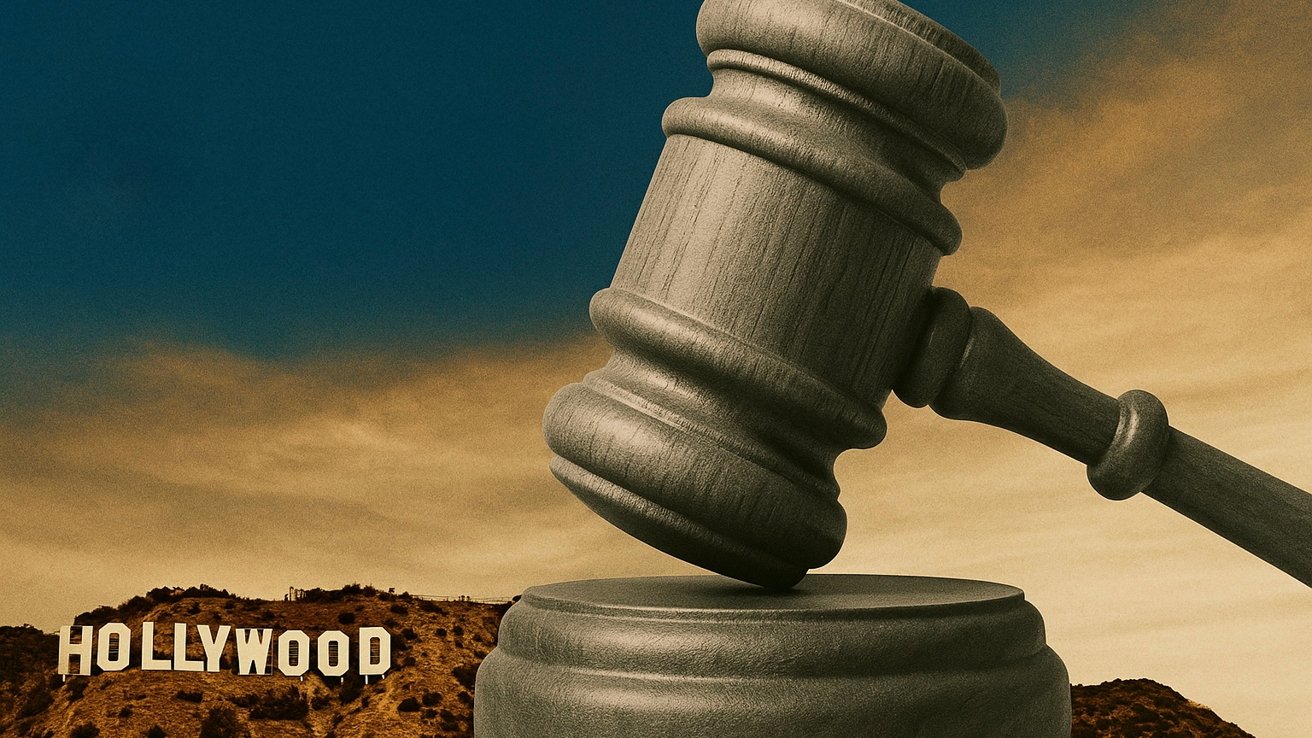On October 13, 2025, California Governor Gavin Newsom signed Assembly Bill 1043 (AB 1043) into law, introducing a new framework for online age verification aimed at enhancing the safety of minors on digital platforms. This legislation mandates that device manufacturers, such as Apple and Google, collect users’ age information during device setup and share this data with applications to facilitate age-appropriate content delivery.
Overview of AB 1043
AB 1043 requires operating system providers and app stores to implement age verification mechanisms during the initial device setup process. Users are prompted to input their age or date of birth, categorizing them into one of four age brackets: under 13, 13–16, 16–18, or adult. This age data is then automatically shared with applications downloaded onto the device, enabling developers to tailor content and features suitable for different age groups. Notably, the law does not necessitate the submission of photo identification or parental consent, addressing privacy concerns associated with more invasive verification methods. ([androidheadlines.com](https://www.androidheadlines.com/2025/10/california-online-internet-age-verification-law-ab-1043-no-photo-id.html?utm_source=openai))
Tech Industry’s Response
The enactment of AB 1043 has elicited varied reactions from major technology companies. Google and Meta (formerly Facebook) have expressed support for the legislation, viewing it as a balanced approach to age verification that aligns with their existing efforts to create safer online environments for younger users. These companies appreciate the law’s emphasis on self-reported age information without imposing stringent verification requirements, which they believe could be burdensome and potentially infringe on user privacy. ([techpolicy.press](https://www.techpolicy.press/app-stores-device-makers-thrust-into-age-verification-battle?utm_source=openai))
Conversely, Apple has raised concerns regarding the new law. The company argues that broad, device-level age verification mandates could lead to the exposure of sensitive, personally identifiable information, even when accessing basic applications. Apple emphasizes the potential risks associated with collecting and sharing age data at the device level, suggesting that such practices might compromise user privacy and security. ([appleinsider.com](https://appleinsider.com/articles/25/10/13/google-facebook-like-californias-new-age-check-law-but-apple-hates-it?utm_source=openai))
Hollywood’s Opposition
The Motion Picture Association (MPA), representing major streaming services and studios, has also opposed AB 1043. The MPA contends that device-based age verification could create confusion for families sharing accounts or using multiple profiles, potentially disrupting the user experience. The association highlights existing parental controls and kid-friendly profiles as sufficient measures for managing content access, arguing that additional age verification requirements may be redundant and intrusive. ([appleinsider.com](https://appleinsider.com/articles/25/10/13/google-facebook-like-californias-new-age-check-law-but-apple-hates-it?utm_source=openai))
Implementation Timeline and Enforcement
The provisions of AB 1043 are set to take effect in 2027, providing companies with a transition period to develop and integrate the necessary age verification systems. The law stipulates that operating system providers must prompt users to input their age during device setup and share this information with applications. Enforcement will be overseen by the California Attorney General’s office, which is authorized to pursue actions against companies that fail to comply with the new requirements. Penalties for non-compliance include fines of up to $2,500 per affected child for negligent violations and up to $7,500 per affected child for intentional violations. ([androidheadlines.com](https://www.androidheadlines.com/2025/10/california-online-internet-age-verification-law-ab-1043-no-photo-id.html?utm_source=openai))
Comparative Legislative Context
California’s approach to online age verification differs from recent legislation in other states. For instance, Utah and Texas have enacted laws requiring more stringent age verification processes, including mandatory parental consent and the submission of photo identification. These measures have faced criticism for potentially infringing on user privacy and imposing significant compliance burdens on companies. In contrast, California’s AB 1043 seeks to balance the need for protecting minors online with the importance of preserving user privacy and minimizing operational disruptions for tech companies. ([techpolicy.press](https://www.techpolicy.press/app-stores-device-makers-thrust-into-age-verification-battle?utm_source=openai))
Potential Implications and Future Considerations
The implementation of AB 1043 is likely to have significant implications for the tech industry, particularly for device manufacturers and app developers. Companies will need to invest in developing and integrating age verification systems that comply with the new law’s requirements. Additionally, the legislation may set a precedent for other states considering similar measures, potentially leading to a more standardized approach to online age verification across the United States.
However, the law also raises questions about the effectiveness of self-reported age data and the potential for users to provide inaccurate information. Furthermore, concerns about data privacy and the security of collected age information will need to be addressed to maintain user trust and comply with existing privacy regulations.
As the 2027 implementation date approaches, ongoing dialogue between lawmakers, tech companies, privacy advocates, and other stakeholders will be essential to refine the law’s provisions and ensure that it effectively protects minors online without compromising user privacy or imposing undue burdens on businesses.


